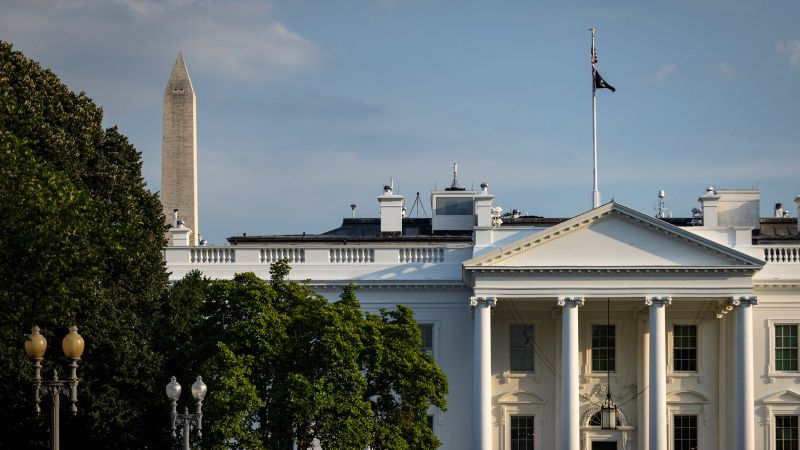Biden Administration Introduces Final Rule to Enhance Mental Health Care Access
The Biden administration revealed a final rule on Monday aimed at improving access and reducing costs for mental health and substance use disorder care. Most of the provisions in this rule will impact group health plans and health insurance issuers for plan years commencing on or after January 1.
This new regulation mandates that mental health and substance use disorder care covered by private insurance plans must be provided at the same level as physical health benefits. According to a White House fact sheet shared with CNN prior to the announcement, this could involve “adding more mental health and substance use professionals to their networks or reducing red tape for providers to deliver care.”
“Mental health care is health care. But for far too many Americans, critical care and treatments are out of reach. Today, my Administration is taking action to address our nation’s mental health crisis by ensuring mental health coverage will be covered at the same level as other health care for Americans. There is no reason that breaking your arm should be treated differently than having a mental health condition,” stated President Joe Biden.
The newly established rule reinforces the Mental Health Parity and Addiction Equity Act (MHPAEA), a federal law enacted in 2008 that mandates insurance plans covering mental health benefits to do so at equal levels as physical health benefits. Despite the existence of this law, White House Domestic Policy Advisory Neera Tanden emphasized during a briefing that insurers have frequently created obstacles for individuals seeking access to in-network mental health care, resulting in high out-of-pocket costs for those requiring such services.
Insurers are now instructed to assess coverage based on multiple criteria, including the plan’s provider network, the extent of payment for out-of-network coverage, and the frequency with which prior authorization is required and approved under current plans.
Tanden remarked, “No one should have to drain their savings or go into debt to get help for themselves or their loved ones,” pointing out that this change could help 175 million people with private insurance access care through their existing plans.
The final rule will also eliminate a loophole that previously exempted federally provided health insurance plans from adhering to MHPAEA, which is expected to enhance mental health care for over 120,000 consumers by bringing an additional 200 health plans into compliance.
Tanden reiterated the importance of mental health access, stating it is “crucial for the well-being of our families.” She also highlighted alarming statistics: “As many as two in five American adults have anxiety or depression. Tragically, suicide is the second leading cause of death among young people aged 10 to 24,” calling these figures “unacceptable.”
Enforcement of this rule will be managed by the Departments of Labor, Treasury, and Health and Human Services, according to administration officials. Acting Secretary of Labor Julie Su expressed the administration’s commitment to removing barriers, stating, “For too long, workers have faced unnecessary hurdles in accessing mental health and substance use disorder treatment—barriers that can mean the difference between life and death.”
However, it’s essential to note that the law does not require employers to provide mental health benefits to their employees. The ERISA Industry Committee, representing a major group of employers, has indicated that some proposed adjustments may be “so burdensome that many of our members will have no other choice but to rethink the type and level of their plans’ coverage.” Additionally, AHIP, a trade association for health insurance providers, warned that the proposed changes might inadvertently hinder the availability, affordability, or safety of mental health care and substance use disorder treatment.
Despite these concerns, Biden administration officials maintain that the final rule clarifies insurers’ obligations and will assist in bringing plans into compliance, with some provisions not becoming effective until January 2026.
U.S. Health and Human Services Secretary Xavier Becerra emphasized the principle of equal care, stating, “Health care, whether for physical or behavioral conditions, is health care. No one should receive lesser care for one or the other. That’s the law. The rules we issue today make that clear.”
CNN’s Donald Judd contributed to this report.












